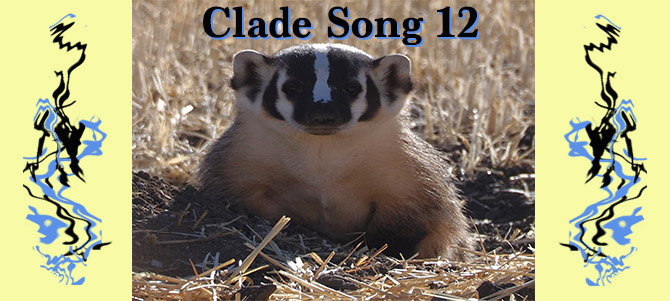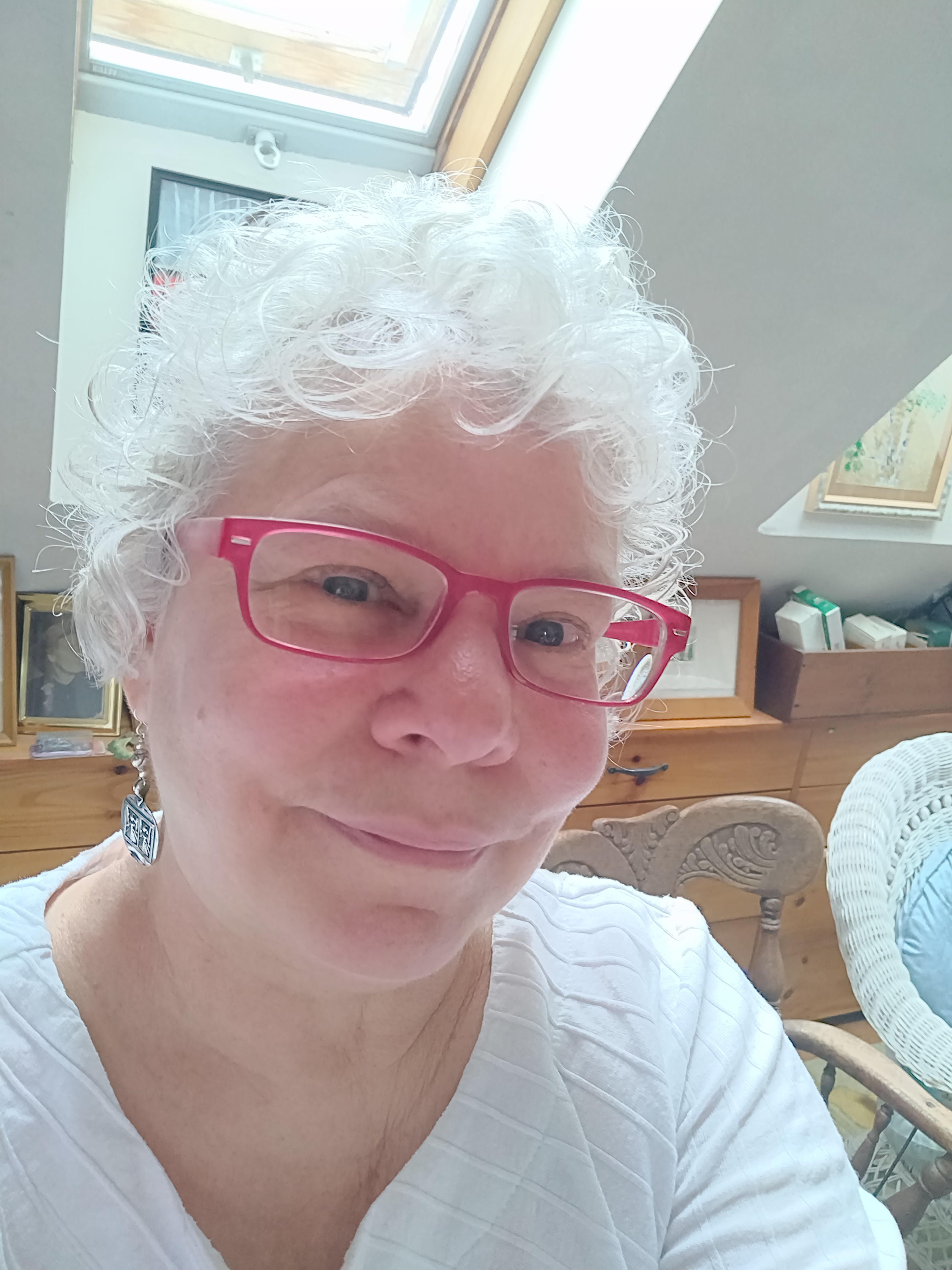|
Air Holes
Chatham Beach
Low tide is a revelation
of what’s just under the surface,
stained sand smeared
with green tendrils, white flecks
of broken shells, pebbles
worn smooth as inner thigh.
Over this, the clam diggers
kneel humbly at holes
seeping water and sludge,
ripping thick seams of earth
with a tool like a large
clawing hand, following air holes.
I approach shyly,
but the woman, middle-aged,
eyes down on her work,
gives civil answers.
A good sized clam, she says,
takes two years to grow.
She buys a commercial license.
She can harvest as many
as she likes, no limit.
In good years, diggers take
five hundred pounds a day.
She tosses sea worms aside.
Worms also make air holes, she says.
She is worn, her face rippled
as the beach at low tide,
but her scoops vigorous and sure,
her juices invisible,
protected by heavy clothes.
I don’t ask if she likes to laugh
in the sunset with grandkids,
if her curtains are lacy like
surf swinging over twilight sand.
But she says, It’s been a long time
since digging clams was fun.
|
|




